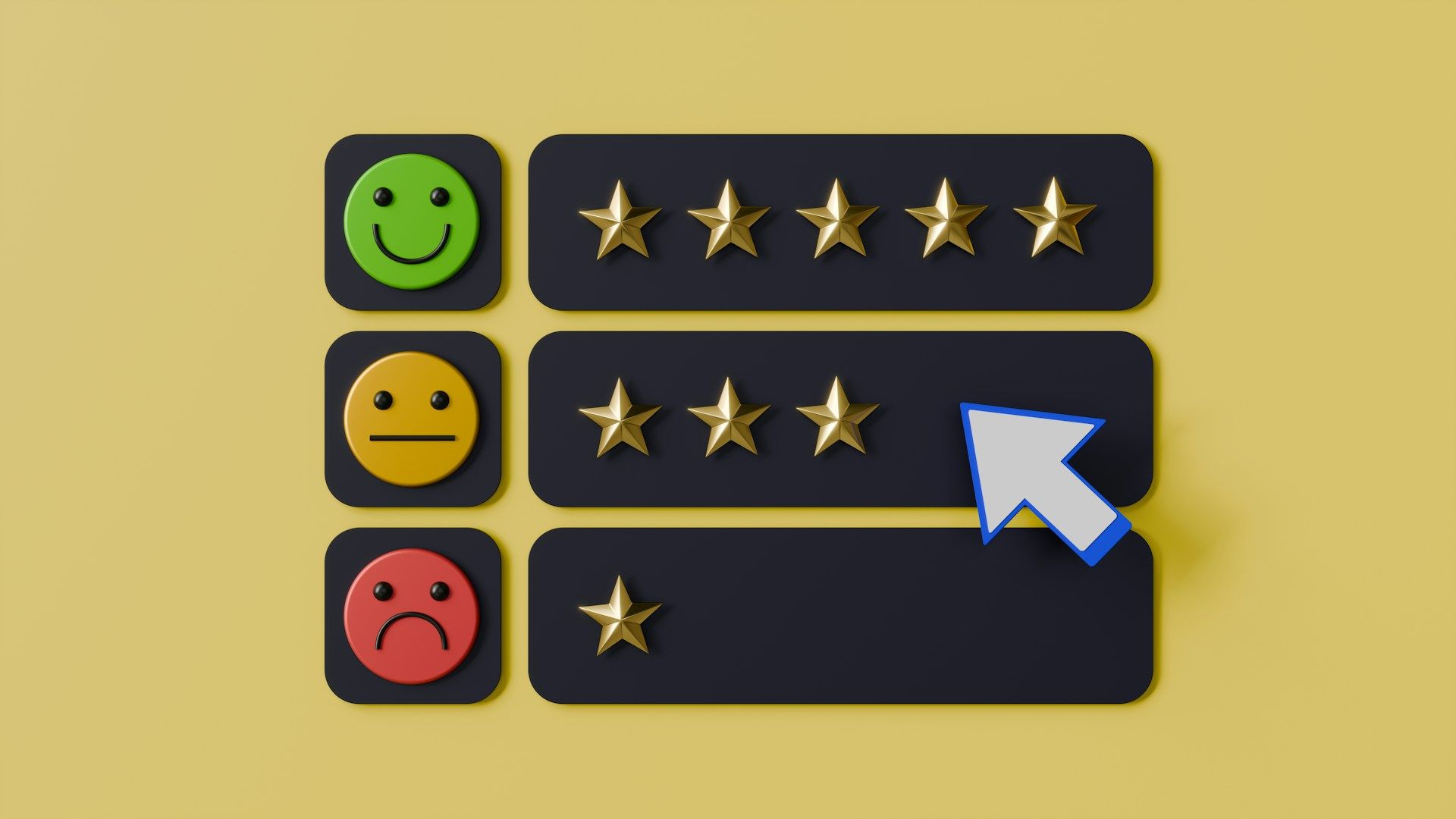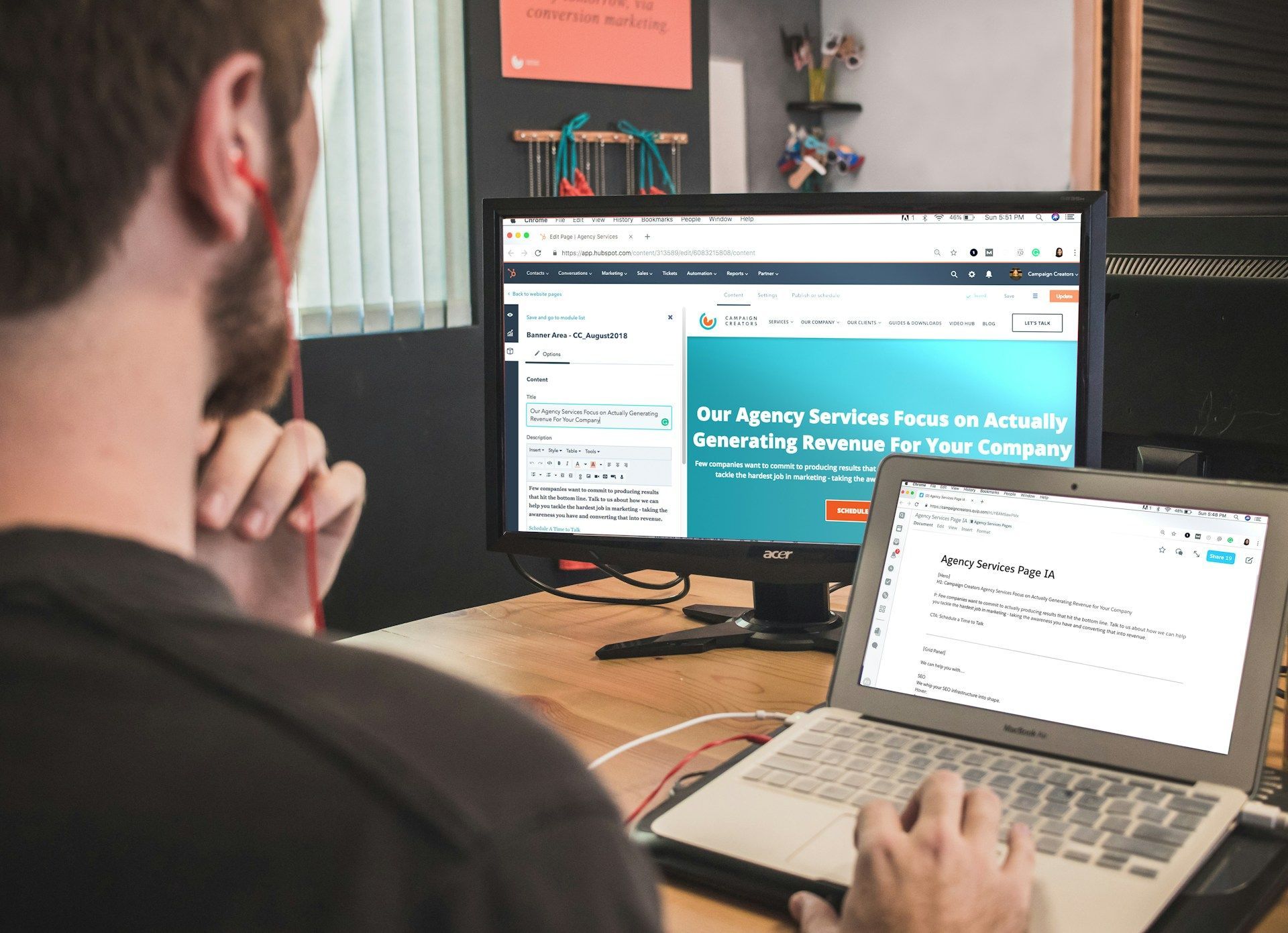Common SEO Mistakes and How to Fix Them
SEO, or Search Engine Optimization, is a crucial part of any successful online strategy. It helps your website rank higher on search engines like Google, making it easier for potential customers to find you. However, many businesses make common SEO mistakes that can hurt their rankings and overall website performance. Understanding these mistakes and how to fix them can significantly improve your site's visibility and effectiveness.
Whether you're new to SEO or have been at it for a while, avoiding common pitfalls is essential. Even a small error can have a big impact on your site's ranking. Some mistakes, like ignoring mobile optimization or neglecting keyword research, are more common than you might think. Addressing these issues head-on can help you stay ahead of the competition.
In this article, we'll look at some of the most common SEO mistakes and provide practical solutions to fix them. From keyword research to mobile optimization, we'll cover everything you need to know to enhance your SEO efforts. By the end of this guide, you'll have a clearer understanding of how to improve your SEO strategy and boost your website's performance.
Neglecting Keyword Research
Keyword research is the foundation of any successful SEO strategy. Ignoring this step can result in poor search engine rankings and lost opportunities. When you neglect keyword research, you miss out on understanding what potential customers are searching for. This affects your ability to create relevant and targeted content.
To avoid this mistake, start by identifying relevant keywords for your business. Use tools like Google's Keyword Planner to find keywords people are searching for. Look for keywords with a good balance of high search volume and low competition. These keywords should relate closely to your products or services.
Once you have a list, incorporate these keywords into your website content naturally. This includes your titles, headings, and body text. Avoid keyword stuffing, which means using the keywords excessively. This can harm your SEO efforts instead of helping them.
Additionally, keep your keyword list updated. Trends change, and so do search behaviors. Regularly review and adjust your keywords to stay relevant. By doing proper keyword research, you can increase your visibility and attract the right audience.
Ignoring Mobile Optimization
Mobile optimization is crucial for good SEO. Many people use their smartphones to browse the internet. If your website isn’t mobile-friendly, you could be losing a lot of potential customers. Google also prioritizes mobile-friendly sites in its rankings, so ignoring mobile optimization can hurt your site’s visibility.
To fix this, start by checking if your website is mobile-friendly. You can use Google's Mobile-Friendly Test tool to see how your site performs on mobile devices. If your site fails the test, it’s time to make some changes.
First, use a responsive design. This means your website will adjust to fit any screen size, providing a better user experience. Many website builders offer templates with responsive design, making it easy to implement.
Next, improve your site’s loading speed on mobile devices. Large images and complex code can slow down your site. Optimize images, minimize code, and use browser caching to speed things up. A faster site keeps users happy and improves your SEO.
Lastly, make sure your site’s navigation is easy to use on a mobile device. Buttons and links should be large enough to tap easily, and scrolling should be smooth. By optimizing your site for mobile, you will provide a better experience for your users and improve your search engine rankings.
Overlooking Meta Tags and Descriptions
Meta tags and descriptions play a significant role in SEO. They provide search engines with information about your webpage and influence click-through rates. Ignoring meta tags and descriptions can lead to missed opportunities for driving traffic to your site.
Meta tags include the meta title and meta description, which appear in search engine results. The meta title should be compelling and include your main keyword. Keep it under 60 characters to ensure it displays properly. The meta description, limited to 155 characters, should provide a brief yet informative summary of the page content.
Including keywords in your meta tags is essential. This tells search engines what your page is about, helping it rank for relevant searches. But remember to write for humans, not just for search engines. Your meta description should entice users to click on your link by highlighting the benefits or key information they can find on your page.
Other important meta tags are the alt tags for images. Alt tags help search engines understand the content of images and improve accessibility for users with visual impairments. Include descriptive alt text that incorporates relevant keywords for better SEO.
Regularly review and update your meta tags and descriptions to stay current with your content and SEO goals. By paying attention to meta tags and descriptions, you can improve your search engine rankings and attract more visitors to your site.
Not Having Quality Backlinks
Backlinks are links from other websites that point to your site. They act as votes of confidence, signaling to search engines that your content is valuable and trustworthy. Not having quality backlinks can hinder your SEO performance and limit your site’s visibility.
To build quality backlinks, start by creating high-quality content that others will want to link to. This can be informative blog posts, helpful guides, or engaging videos. Content that provides value is more likely to be shared and linked by other sites.
Reach out to industry blogs, websites, and influencers. Share your content with them and ask if they would consider linking to it. Building relationships with others in your industry can lead to valuable backlink opportunities.
Guest posting on reputable websites is another effective way to earn backlinks. Write high-quality articles for other sites and include a link back to your own site in the author bio or within the content. This helps drive traffic to your site and improves your SEO.
Keep an eye on your backlink profile using SEO tools. Identify and disavow any low-quality or spammy backlinks that could harm your site’s performance. Focus on building a diverse and high-quality backlink profile to strengthen your site’s authority.
Conclusion
Creating and maintaining an effective SEO strategy requires attention to detail and ongoing effort. By avoiding common mistakes like neglecting keyword research, ignoring mobile optimization, overlooking meta tags, and not building quality backlinks, you can significantly improve your site’s performance.
Remember, SEO isn’t a one-time task. Continually optimize your strategies, update your content, and adapt to new trends and algorithms. By staying proactive and fixing these common SEO mistakes, you’ll position your website for long-term success.
If you need expert help navigating your SEO efforts, Cre8 My Site is here to assist you. We offer affordable web design and digital marketing services tailored to your needs. Contact us today to take the next step in boosting your online presence!
Small Businesses Are Our Passion
Build a professional digital presence that your company can be proud of with Cre8 My Site's Fully Managed Plans. They will help create an amazing website for your business with exceptional support. Choose a plan to cover your business needs.
Business Hours
Monday-Friday - 8:00am-5:00pm
Saturday - Appointment Only
Sunday - Closed












